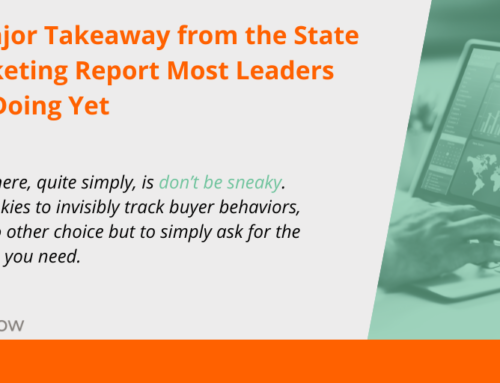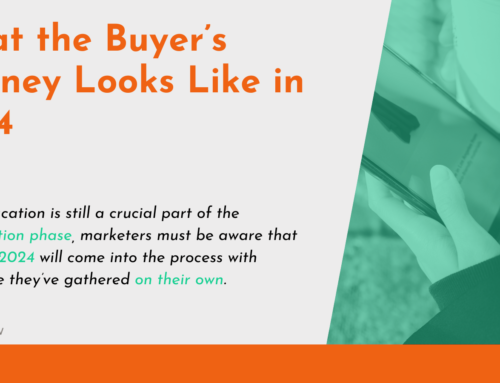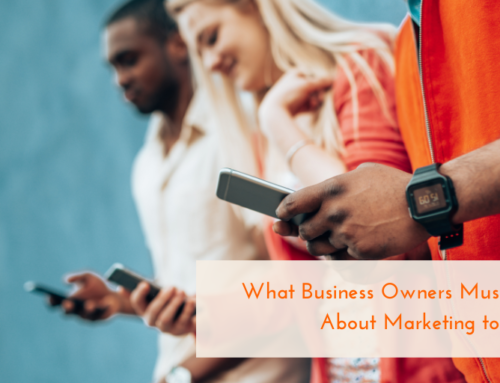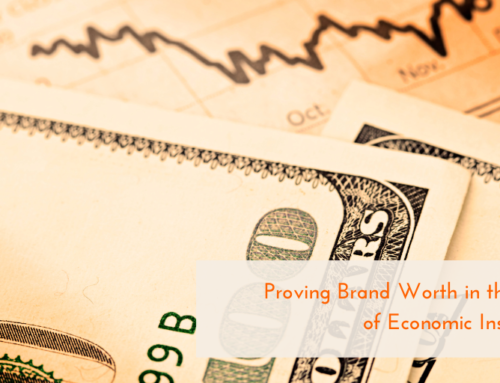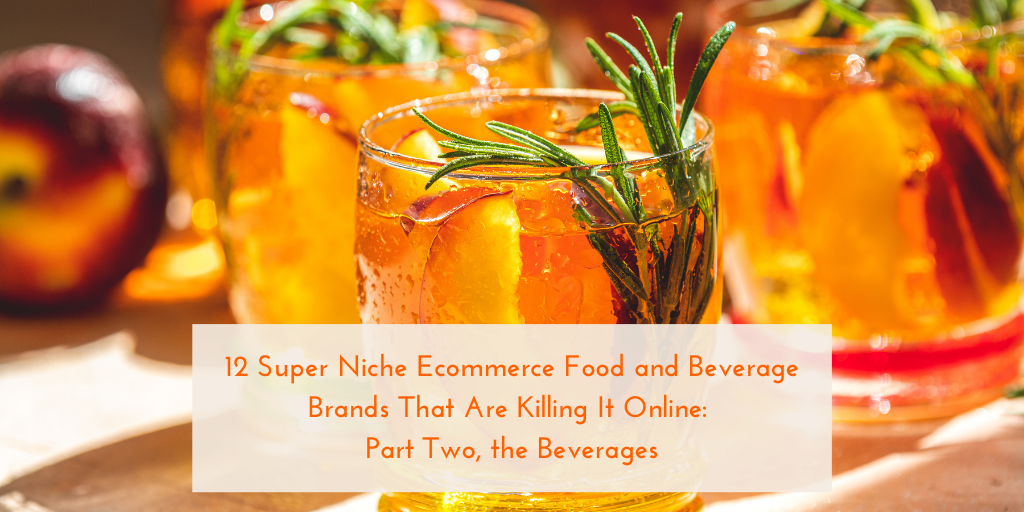
In our last article, we covered six niche eproducts that have been blowing up online, including functional foods and sweet treats that explore unusual flavors. As we discovered, much of the brands’ successes come from clever ecommerce food and beverage marketing.
In this part, we’ll explore how many of those same strategies can be employed for niche beverage brands and products, as well as some of the challenges some categories must overcome in order to see better success online.
Killer Caffeine
Caffeine isn’t a hard sell at any time. However, many specialty tea and coffee purveyors have managed to edge out the competition with smart ecommerce marketing techniques. Let’s take a look at some of the best.
Bean Box
Upon arrival at Bean Box’s website, customers are immediately presented with a gift in the form of a pop-up. Discounts and coupons are always a great idea to entice new buyers, but Bean Box takes a slightly different approach.
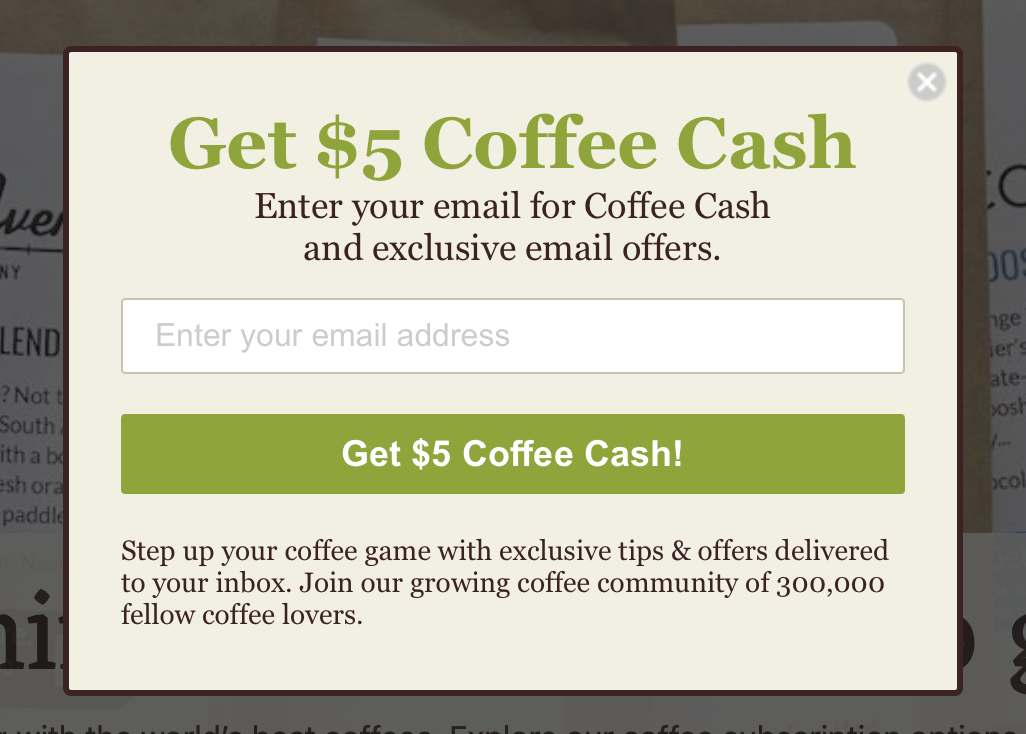
Another great feature on the Bean Box website is a list of the publications that have touted the brand and their products. Social proof is always great, but recognition from respected press outlets adds even more validation.
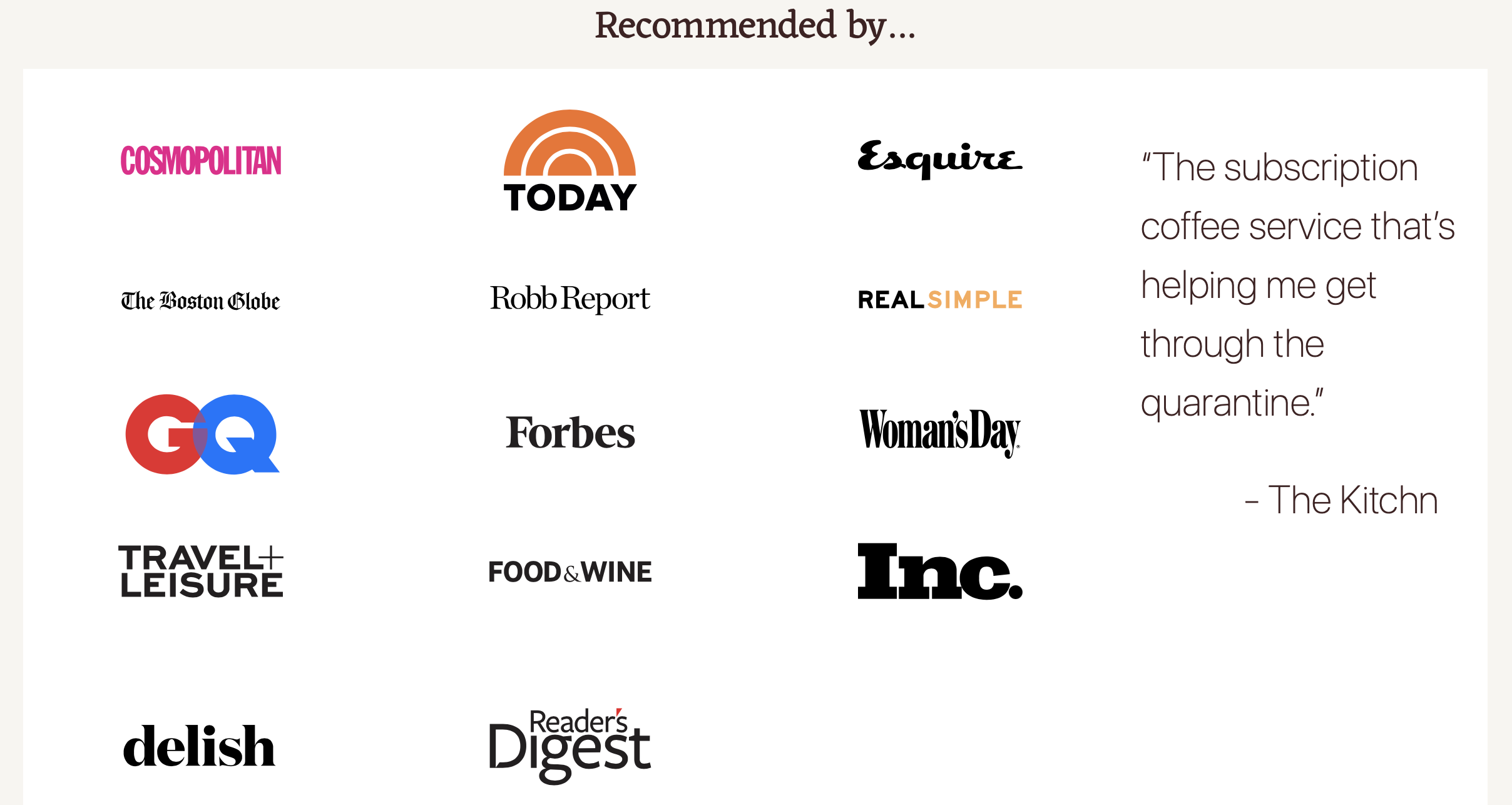
High Garden Teas
This truly niche brand relied almost entirely on local sales before the twin disasters of a tornado and the pandemic in 2020, and quickly had to pivot to survive. Consumers can still feel that local touch in many of the educational and marketing content posts, such as this invitation to classes on planting and growing tea and other herbs.
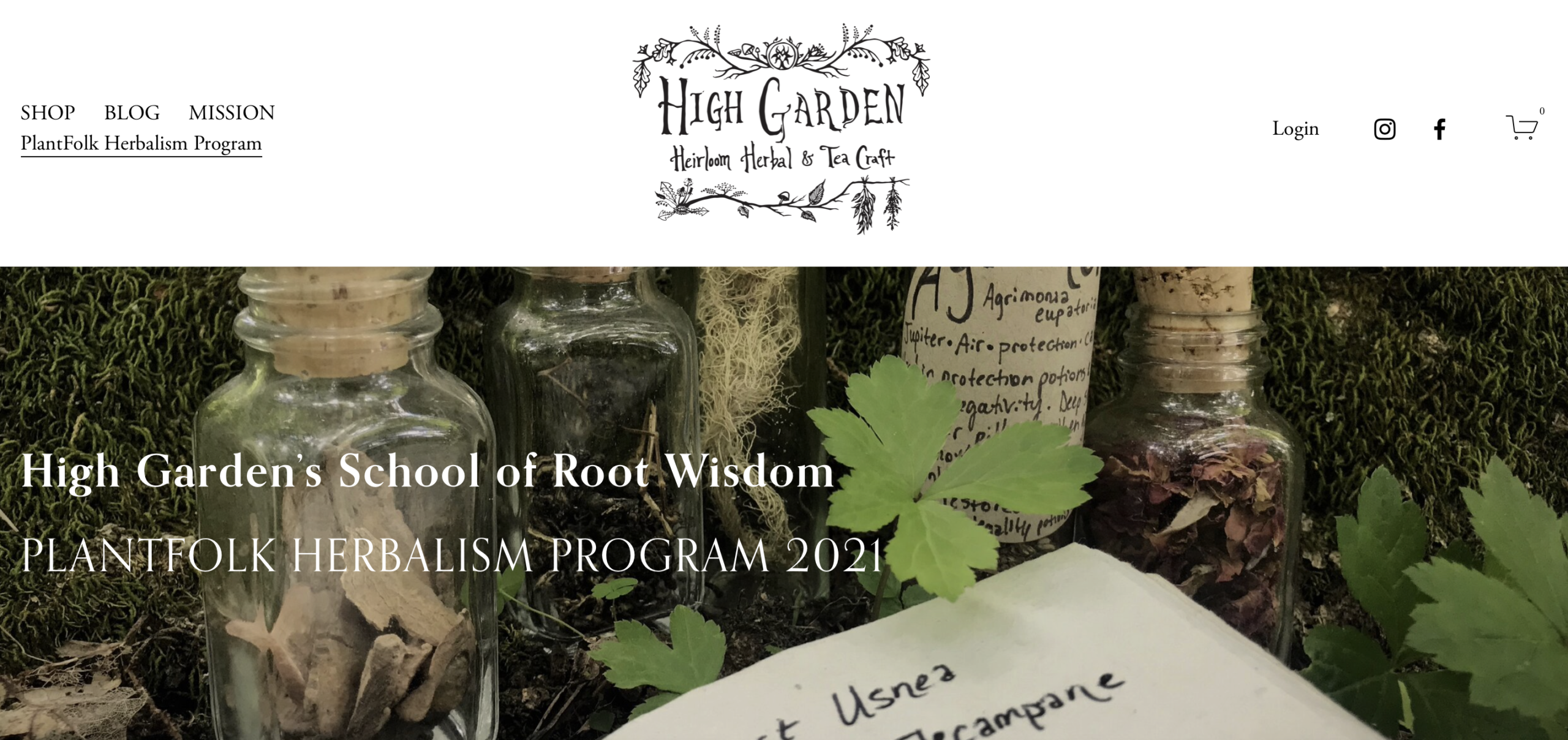
When it comes to the psychology of selling, one thing consumers from almost all cohorts find attractive is a brand that supports a cause. This is called the Noble Edge Effect, and High Garden masters this with support of environmental causes.
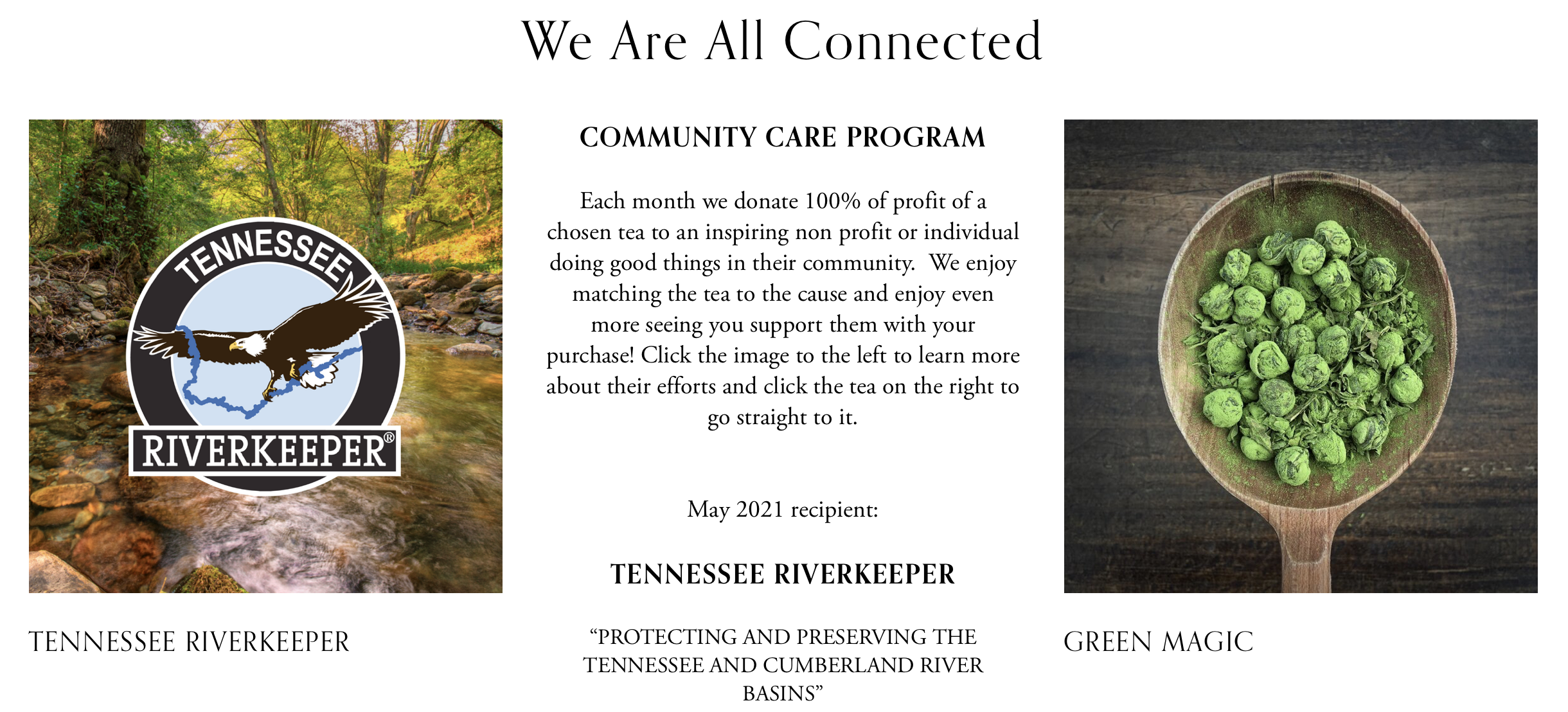
Water Avenue Coffee
Water Avenue Coffee is another brand that experienced success mostly among locals until they discovered the need to pivot to an online model. Before 2020, consumers could register for their subscription program, but online sales beyond that were limited to a few pieces of merchandise on special occasions.
Now, the online shop is filled with specialty coffees and teas, branded merchandise, and coffee preparation products. And, of course, the subscription box is still a purchase option.
One thing they do very well is up-front information about shipping costs. By setting a free shipping threshold, buyers are encouraged to add one or two more items to the cart before checkout to save money.
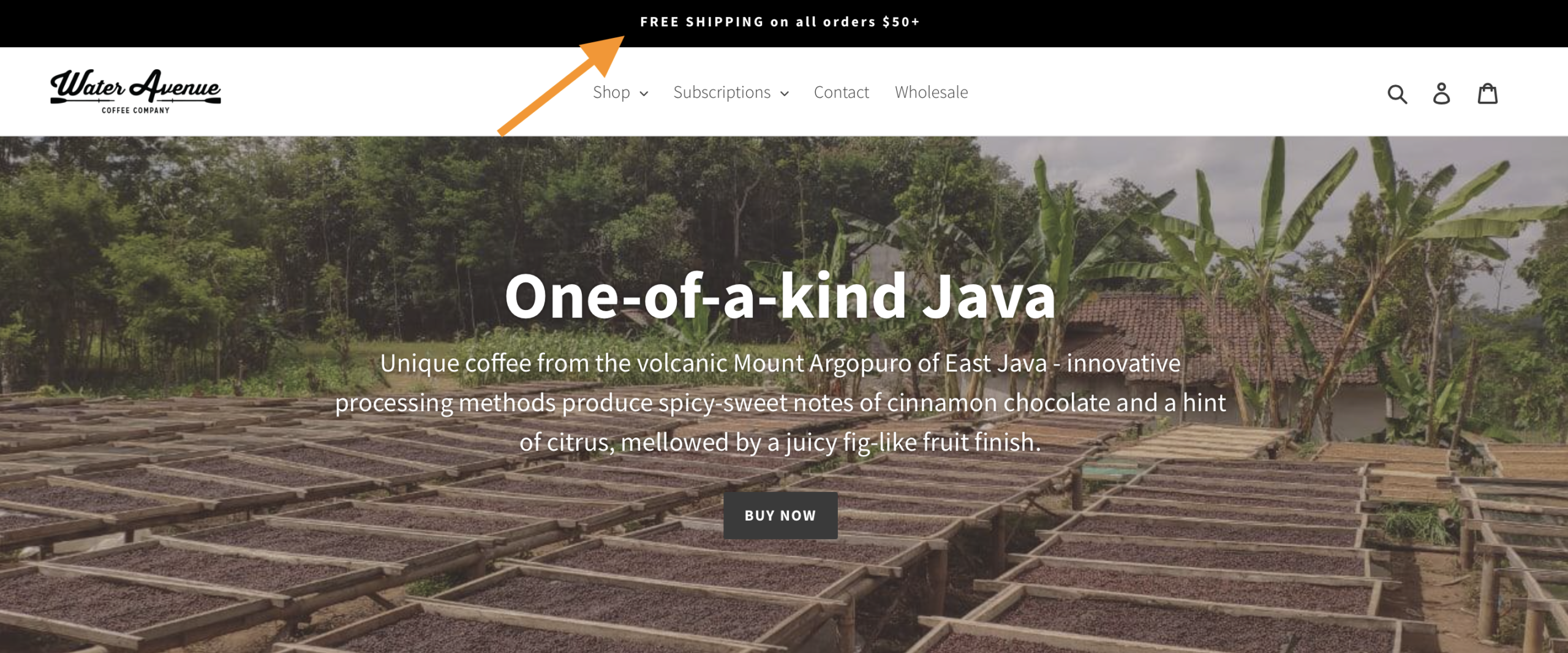
Water Avenue Coffee also relies on the fact that many people can’t help sharing information about the cool new products they’ve found. Right within the shopping cart, there are share buttons so buyers can brag about their craft coffee purchases.
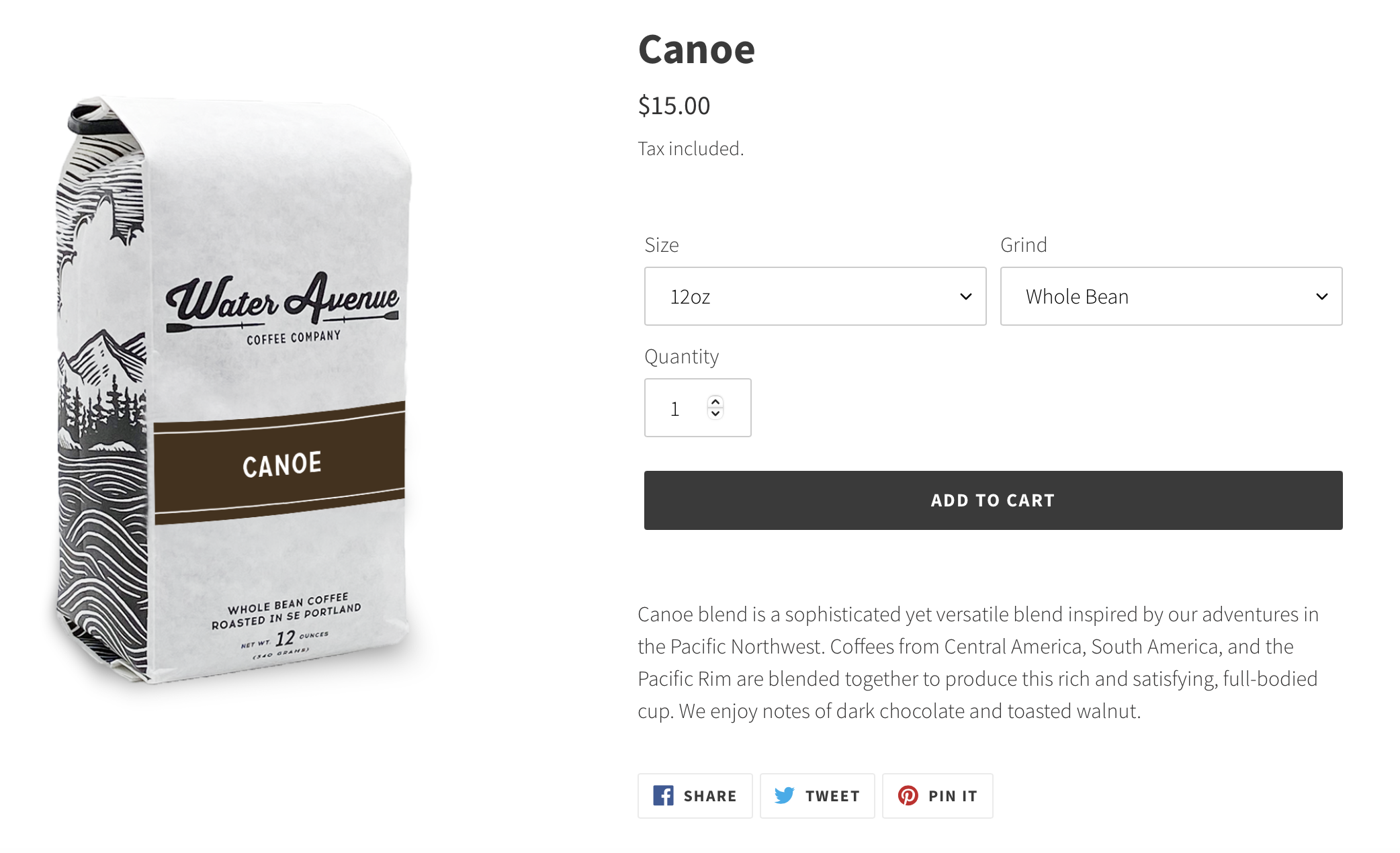
Notable Potables
As with caffeine, alcoholic beverages are often an easy sell. However, distribution laws still manage to put a damper on beverage ecommerce. For many, this lack of access to alcohol delivery isn’t a problem, as many Millennials and older members of Gen Z have declared themselves “sober-curious.” One brand has figured out how to sell directly to customers, however.
Haus
The lower alcohol content of Haus aperitifs mean these drinks aren’t subject to the distribution laws that have held up DTC sales of stronger spirits. The brand has seized the opportunity to sell to adventurous Millennials with unusual flavors that can be mixed with traditional or more adventurous mixers—or they can simply be enjoyed on their own. Check out these unique flavors.
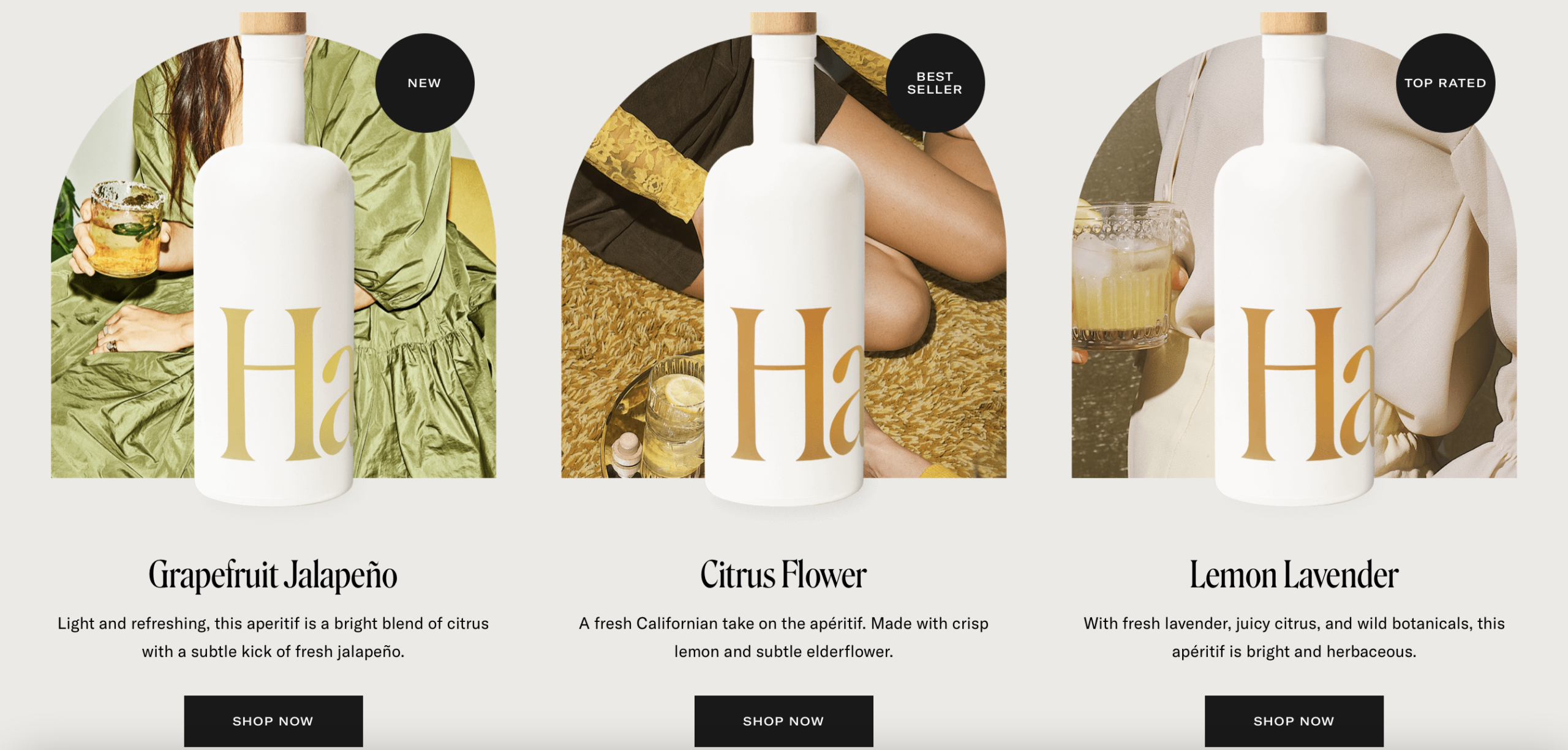
Haus also employs an impressive retargeting strategy, with ads nearly immediately appearing on social media platforms after a visit to the website. This one by an influencer appeared on our Instagram Stories and, it should be noted, is a tutorial for making craft cocktails with the product.
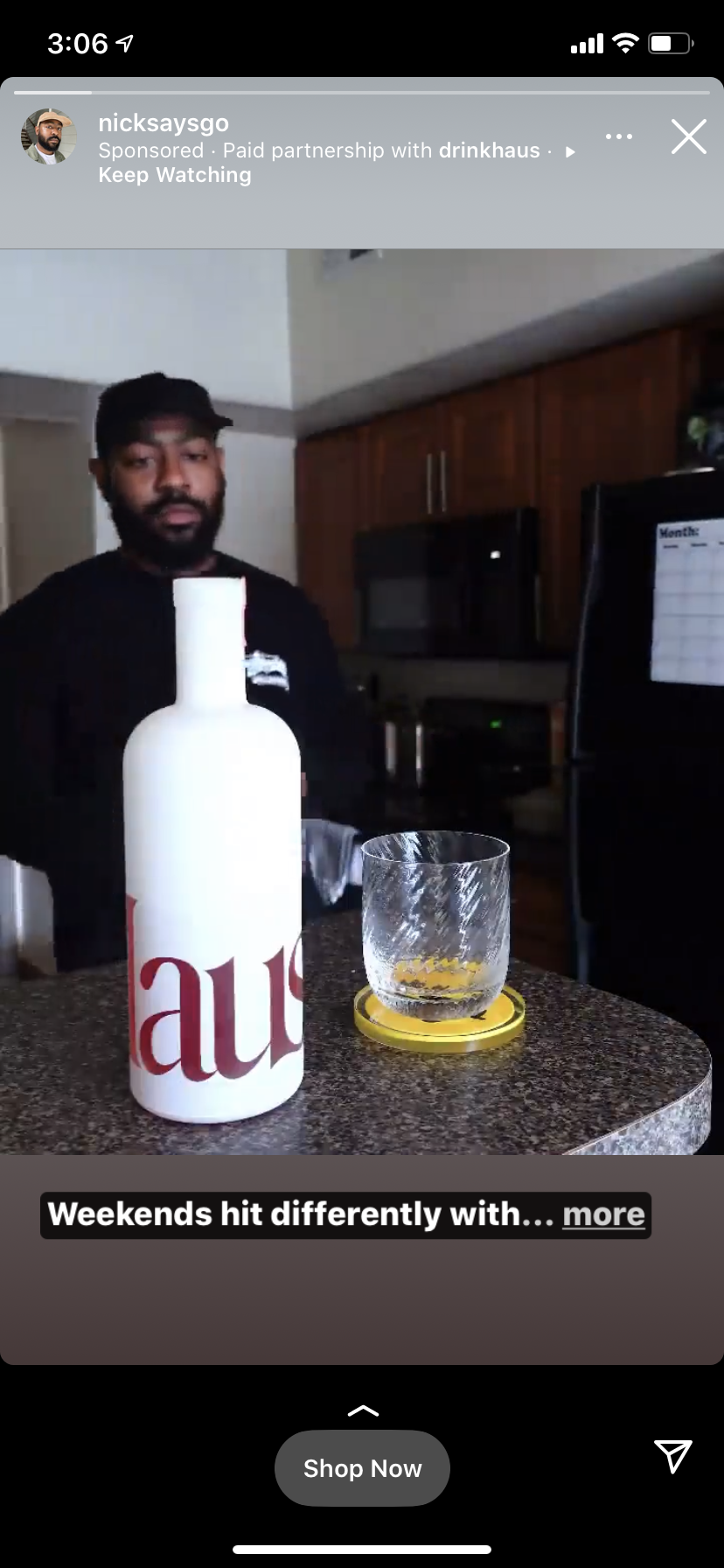
Kin Euphorics
Catering to those sober-curious consumers, Kin Euphorics developed a beverage that claims to alter the senses without the use of alcohol. The products are marketed as “functional beverages,” which mirror the functional foods from our previous article. If you remember, functional foods are those which provide benefits to the body beyond basic nutrition.
Kin Euphorics have certainly made their mark, too. Much of that is through impressive marketing. We discovered them through a targeted social media campaign, even before starting research for this blog series, so that sets them apart from the other products we’ve highlighted. But that’s not all they do. Here’s a unique way to encourage customers to share their knowledge of Kin with others.
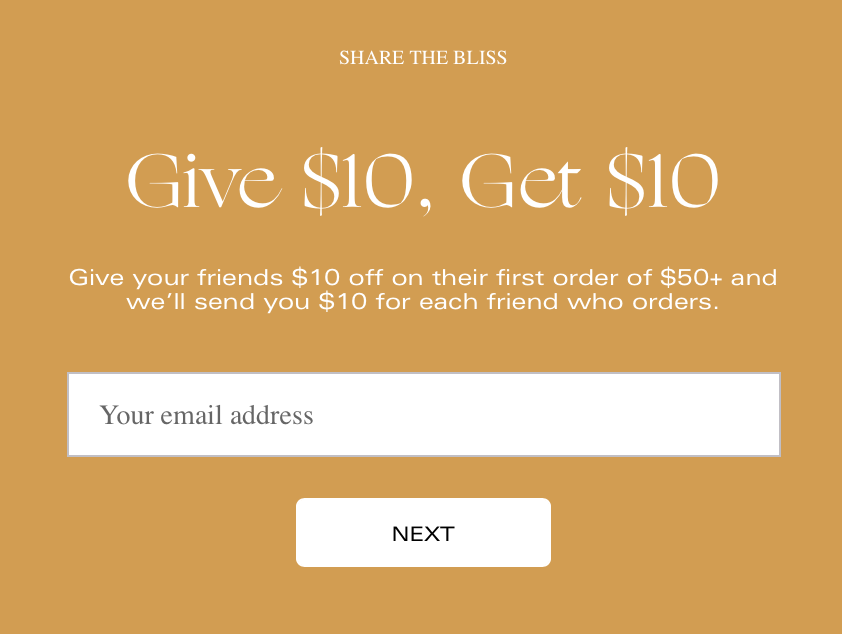
Also, for those who aren’t sure how to enjoy non-alcoholic sprits, the website shares several cocktail recipes like this one to help pique a drinker’s interest:
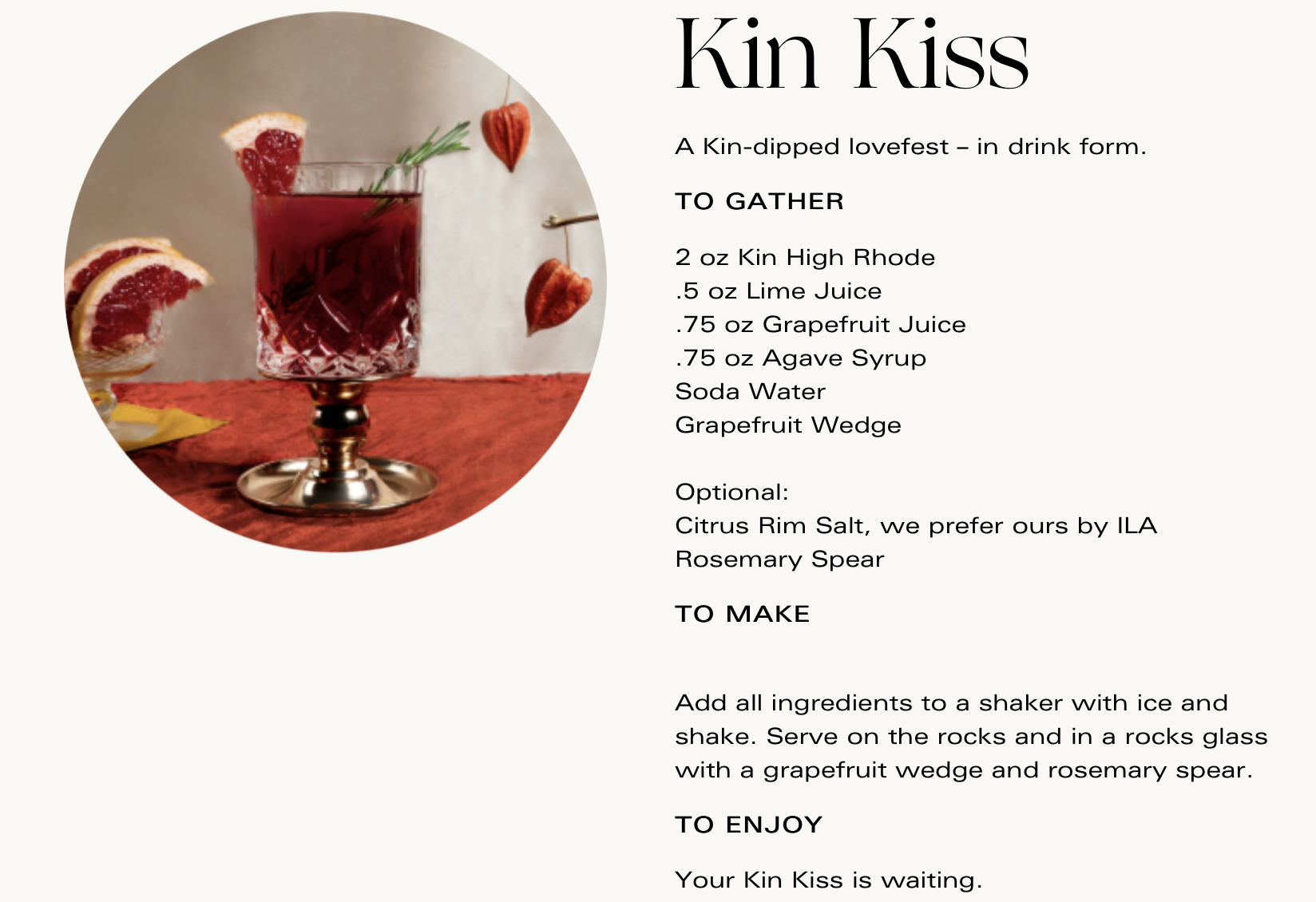
Cupcake Vineyards
Vineyards selling directly to consumers actually isn’t new at all. As with everyone else, however, many did experience an uptick in online sales over the past year.
Many vineyards would also fall under the “niche” category, as experiencing nationwide or worldwide distribution only happens for the larger, more established wineries. However, one upstart has managed to make a name for itself through spectacular, fun branding and excellent online beverage marketing.
Recognized varietals are available, and they maintain their common names. However, when marketing blends, Cupcake Winery shows tremendous dedication to the brand.
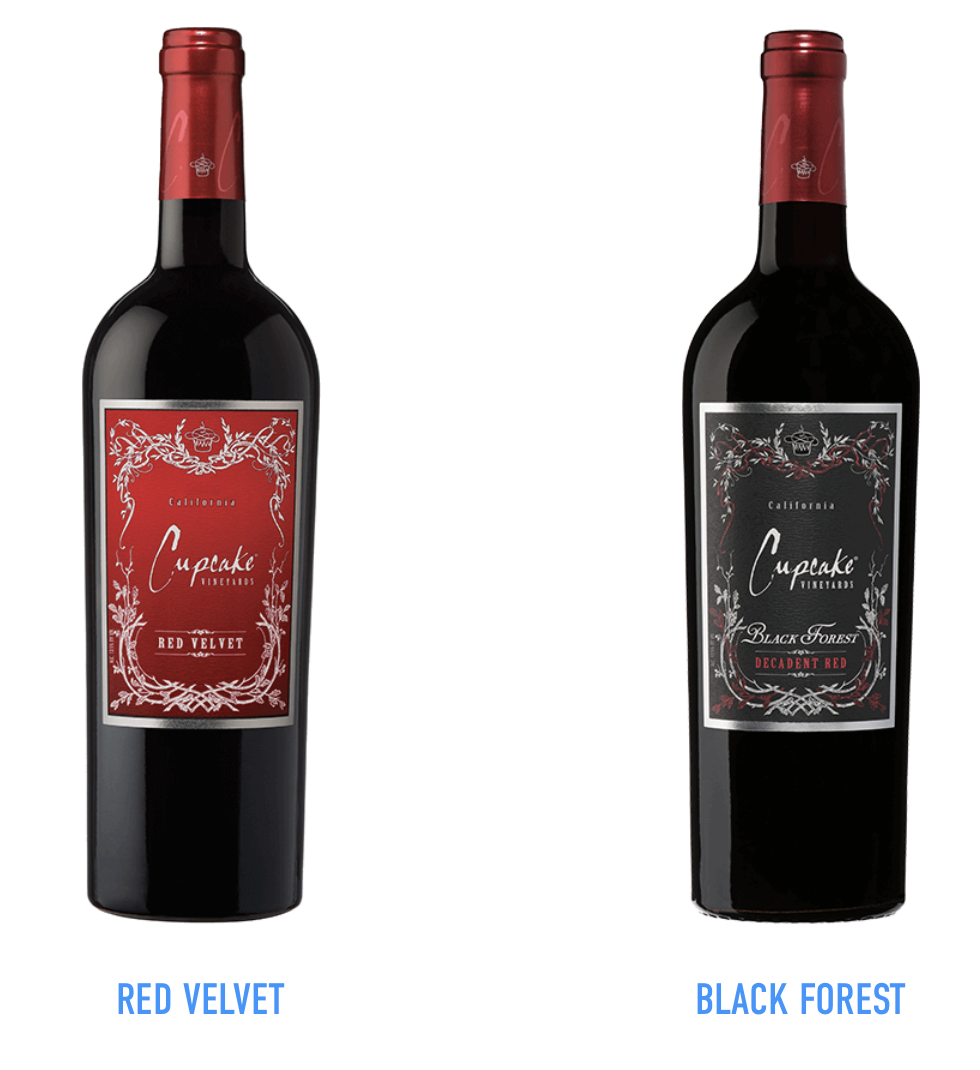
They also understand that everyone approaches wine differently, even the bubbly varieties. This quiz is available to help guide consumers to the celebratory bottle that best fits their tastes.
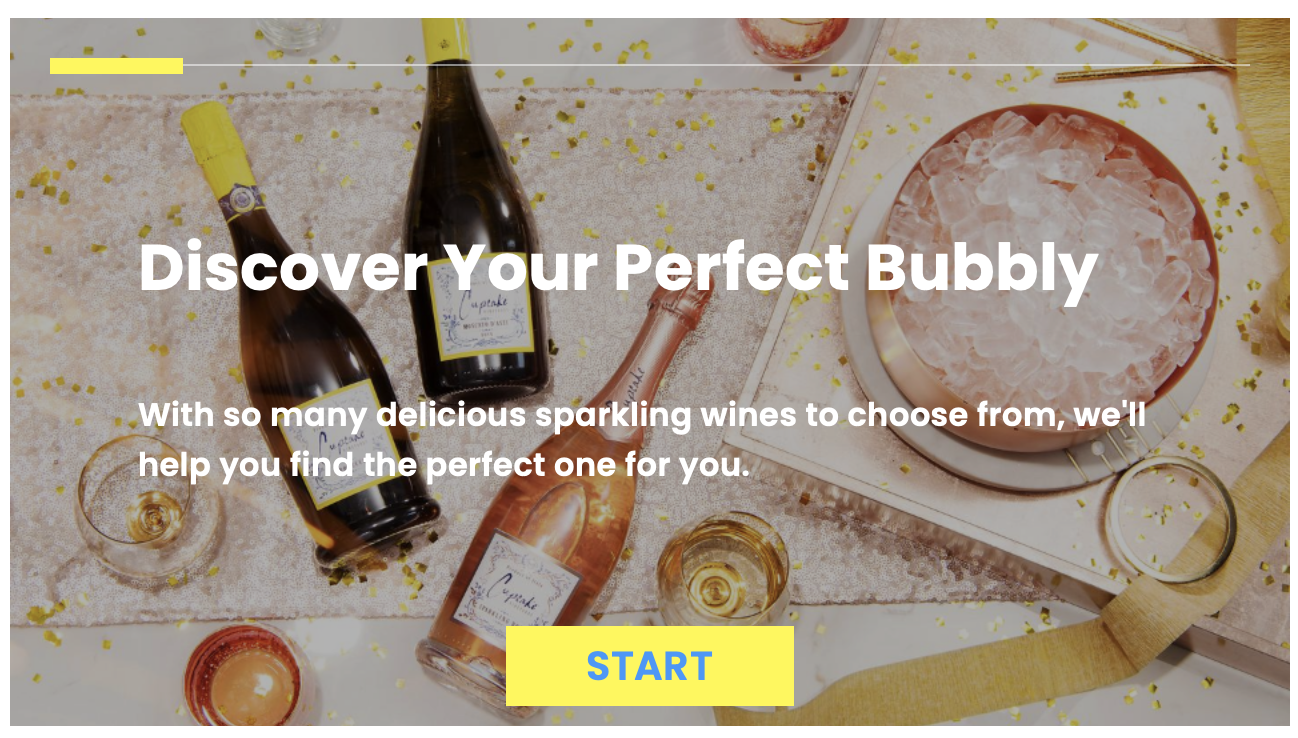
Finally, Cupcake Winery understands that adventurous flavors are all the rage. That’s why, in addition to unique blends, they also provide a page of recipes for cocktails and mixed drinks that feature their wines.
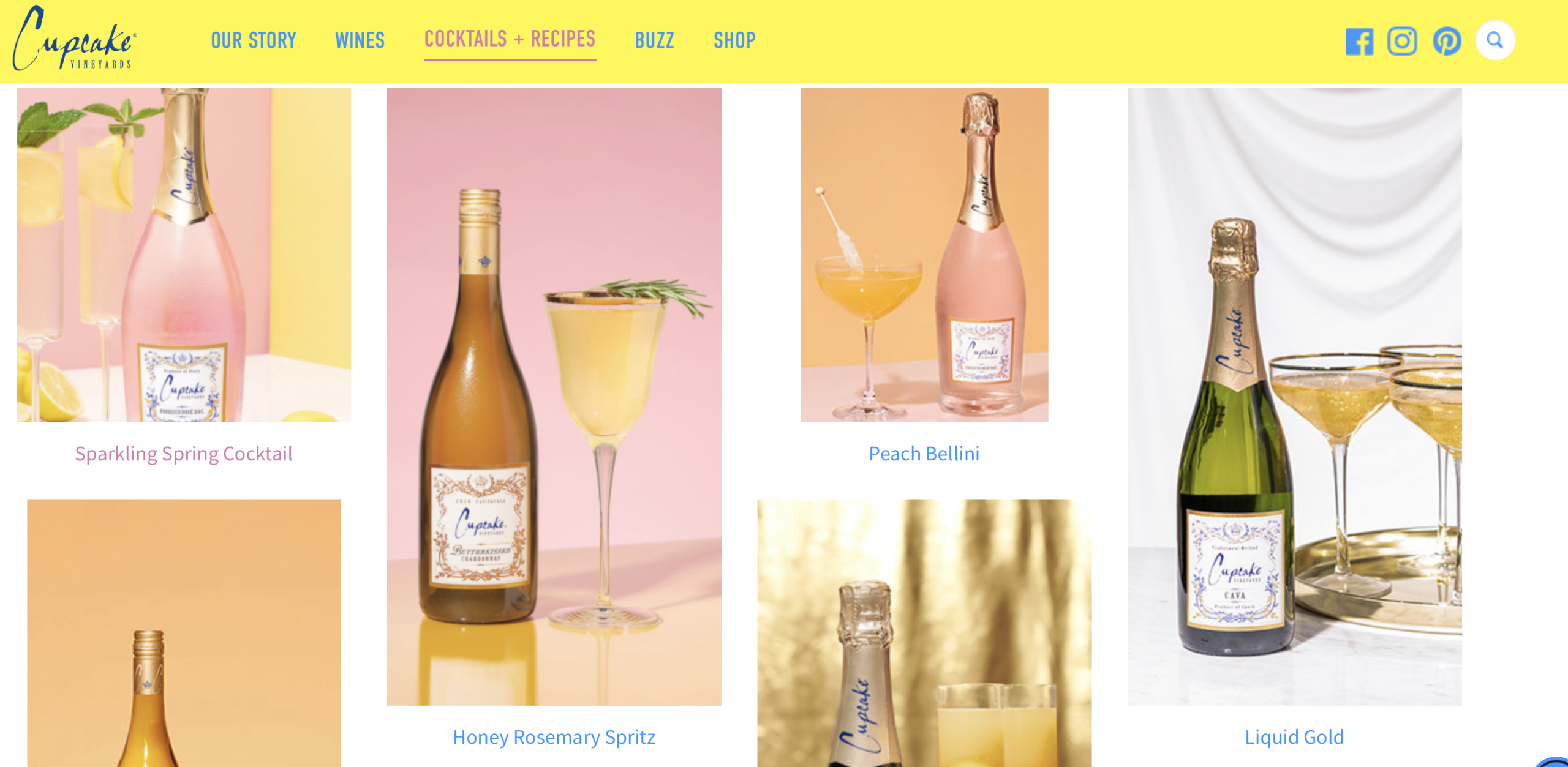
When it comes to selling beverages online, it’s safe to say these six niche brands have got it figured out. Beyond the grocery ecommerce sites like Instacart and Shipt, caffeine and recreational drinks have gone fully DTC. We can expect to see more of this trend in the future.
For assistance marketing your beverage brand, don’t hesitate to reach out. We can help you implement these and other ecommerce food and beverage marketing strategies in order to reach your target audience every time.

